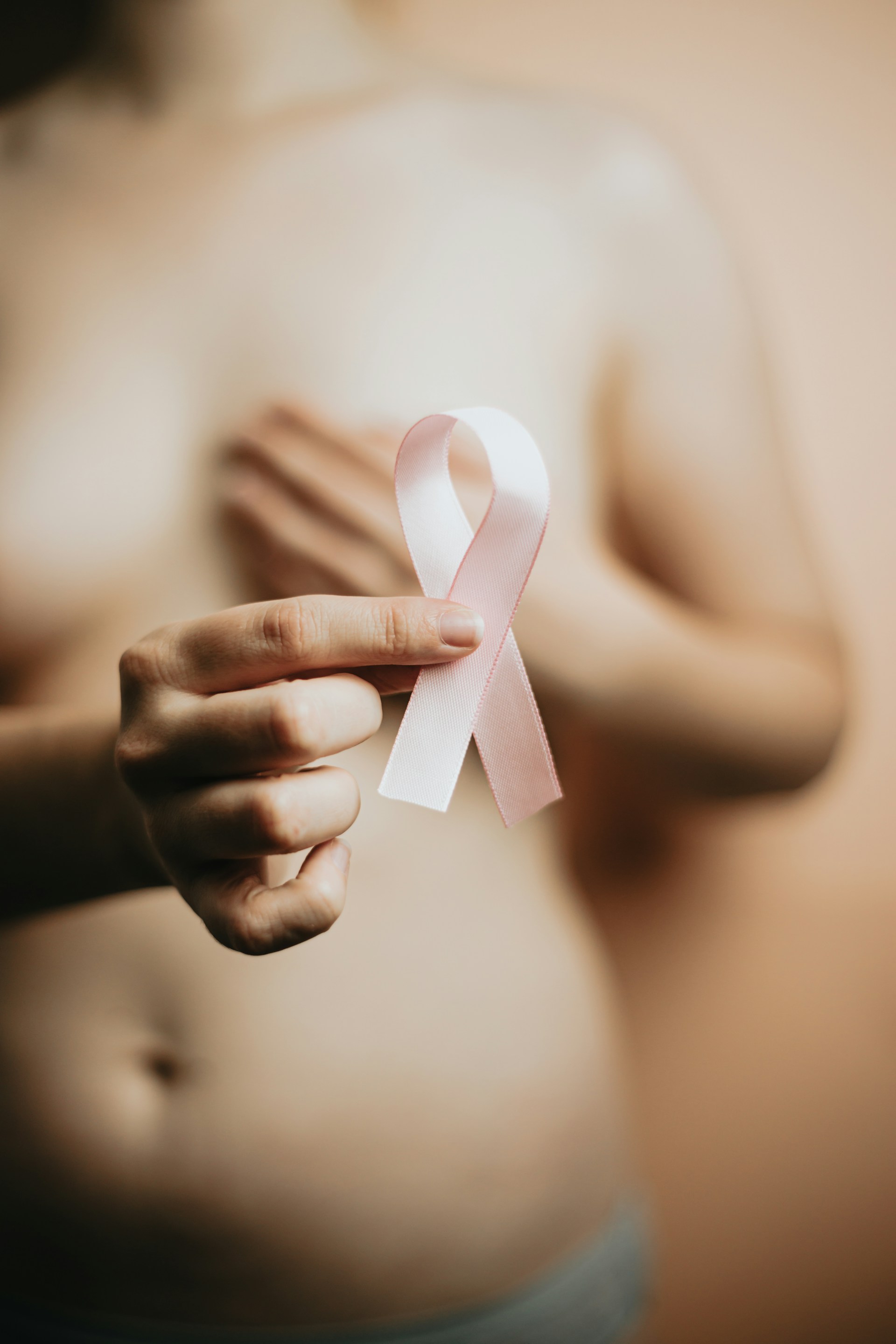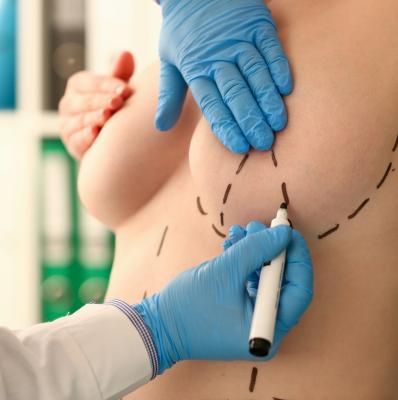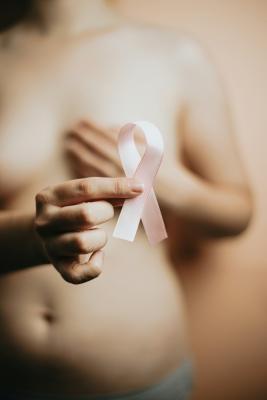
After breast cancer and reconstruction, women are left to fend for themselves,” laments Karina Osorio, nurse and founder of DermaSKa in Belœil. To address this situation, she offers a little-known technique in Quebec: paramedical tattooing. Using her dermograph (a tattooing needle), the nurse tattoos the skin with different pigments to reconstruct a nipple. “It’s a trompe-l’œil. We layer colors to create the illusion of a nipple,” explains Karina Osorio. After an initial consultation to choose the nipple size and pigmentation, a second appointment is scheduled to apply the pigment. A surgeon’s prescription is mandatory to ensure that the scar from the mastectomy is fully healed. A final touch-up is needed 4 to 6 weeks after the first pigmentation session. Patients can return years later if the pigmentation fades. “I see an advantage in the fact that it’s not permanent, because the patient can choose whether to continue the sessions or not. The psychological aspect evolves, and we adapt,” believes the nurse.
NO FINANCIAL SUPPORT FROM RAMQ
The RAMQ does not recognize restorative pigmentation as a covered service. “On top of that, cancer brings financial worries, and the steps can stretch over months or years. These women are also taken out of the workforce,” notes Karina Osorio. “It’s shocking because women undergo surgery, but the work is not finished [without the nipple].” Furthermore, surgeons and doctors don’t suggest paramedical tattooing due to lack of knowledge or fear. “Making a decision is a big commitment, and doctors don’t have the same academic training [as nurses who practice paramedical tattooing], so it’s scary. Sometimes, some even refer patients to the United States, and that is shocking,” Ms. Osorio laments. Paramedical tattooing training is not offered to nurses since it is considered tattooing, not a healthcare specialization. The lack of information—for both health professionals and patients—makes access to this practice difficult, even though it is popular in Europe.
A “FEMINIST CLINIC”
Karina Osorio says the patients she works with pursue these treatments primarily for their well-being. The clinic’s mission is also to celebrate women in all their identities and worth. According to the founder, the nipple is part of a woman’s identity and also a symbol of breastfeeding a child. The nurse asserts that beyond the medical and safety aspects of the services offered, the clinic provides psychological added value. “These women reclaim their femininity and regain their self-confidence. They also learn to love their breasts again. Nipple reconstruction is not vanity.” Each project is a significant moment for the founder of DermaSKa, but also for the spouses. “It’s a couple’s moment, and the partner sees the joy it brings to his wife.”


